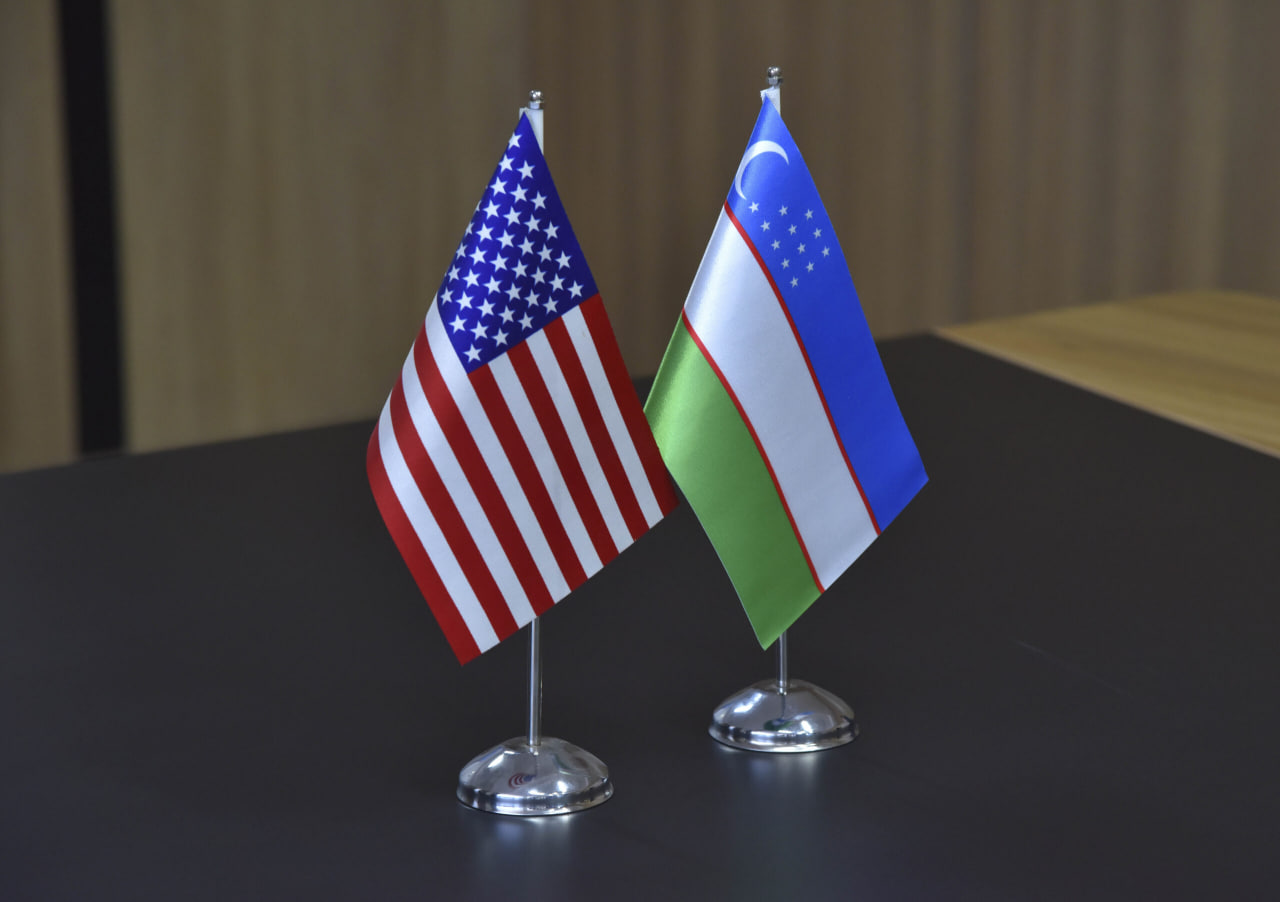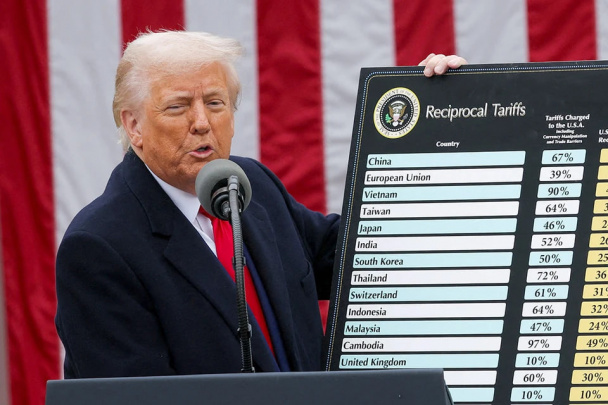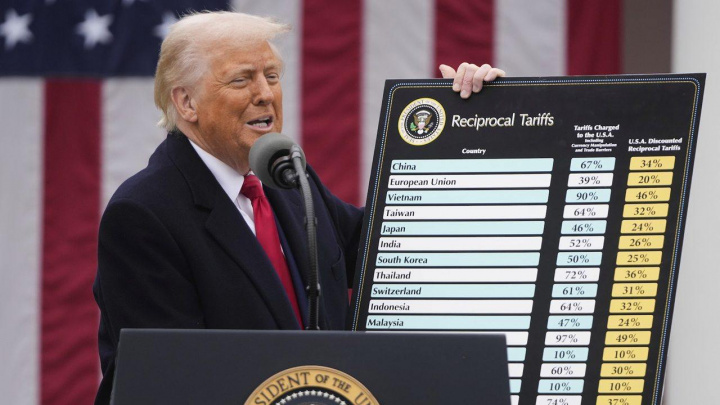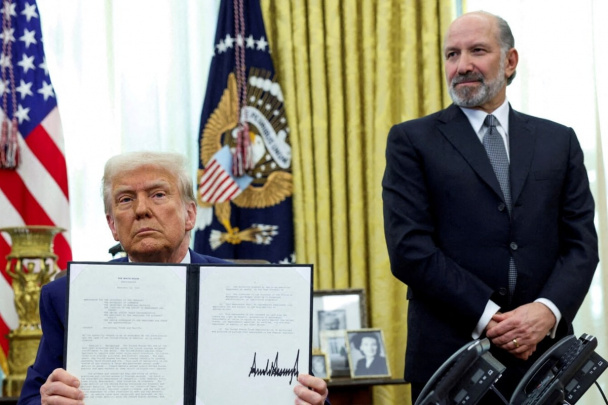The Diplomat: Secret plot targeting Uzbek officials through U.S. sanctions fails
Reports have surfaced about an alleged attempt to manipulate the U.S. sanctions system, originating from complex political and business rivalries in Uzbekistan. Media sources highlighted the situation following an assassination attempt on former Uzbek official Komil Allamjonov in October 2024. The intricate narrative spans multiple countries, including Uzbekistan, Cyprus, the UAE, and the United States.

Ulugbek Shadmanov, a prominent Uzbek businessman referred to as the "cement king" of Uzbekistan, was reportedly detained in Dubai in December 2024 and later "unlawfully extradited" to Uzbekistan. Shadmanov, who holds a "golden visa," has been portrayed by some as a successful entrepreneur targeted by political adversaries.
However, documents obtained by The Diplomat suggest a more complex picture. These records reportedly indicate Shadmanov’s involvement in an unsuccessful effort to influence U.S. sanctions on Uzbek officials linked to a rival faction.
Shadmanov is said to own United Cement Group (UCG), Uzbekistan’s largest cement producer. UCG allegedly acquired significant assets through opaque transactions, positioning it to control about half of Uzbekistan’s cement capacity. These acquisitions have raised questions, with some observers suggesting they benefited foreign interests.
Further complicating the narrative, businessman Ovik Mkrtchyan filed a complaint with Uzbekistan’s Prosecutor General’s Office, alleging that Shadmanov and a business associate, Stanislav Tsatskin, detained and mistreated him to extort $70 million and gather damaging information on Uzbek officials. Mkrtchyan also alleged that Shadmanov pressured him to facilitate U.S. sanctions against certain Uzbek figures.
Letters obtained by The Diplomat allege attempts to pressure Mkrtchyan into leveraging his connections to prominent U.S. figures to add Uzbek officials to the sanctions list maintained by the U.S. Treasury’s Office of Foreign Assets Control (OFAC). Among the alleged targets were Komil Allamjonov and Dmitry Li, both prominent figures in Uzbekistan’s government.
The letters describe efforts to employ foreign lobbying channels to advance personal vendettas under the guise of legitimate political concerns. When these measures failed, more severe actions, including disinformation campaigns and an assassination attempt, were reportedly undertaken.
Mkrtchyan’s international business connections add another layer of intrigue. His investment firm, Gor Investment Limited, lists several high-profile figures, including former U.S. officials, on its advisory board. However, these connections did not prevent his alleged detention and subsequent struggles with Uzbek authorities.
Media reports have highlighted internal rivalries within Uzbekistan, with allegations of a clandestine network exerting undue influence over businesses and officials. This network, described as a "state within a state," is said to employ various methods, including smear campaigns, to achieve its aims.
The Diplomat’s review of the situation emphasizes the complexities of political and business interactions in Uzbekistan. While the alleged effort to influence U.S. sanctions ultimately failed, the episode sheds light on the lengths certain actors may go to settle disputes and gain leverage. These developments raise broader concerns about the potential misuse of international systems for personal or political purposes.
Despite the detailed accounts provided in the letters, many questions remain unanswered.
Related News

12:16 / 04.04.2025
Uzbekistan may feel secondary effects of Trump’s global tariff policy

15:50 / 03.04.2025
Trump imposes 10% baseline tariff on all imports, raising economic uncertainty

13:25 / 26.03.2025
U.S. Labor Department cuts $38 million in foreign aid, including Uzbekistan projects

17:36 / 25.03.2025



